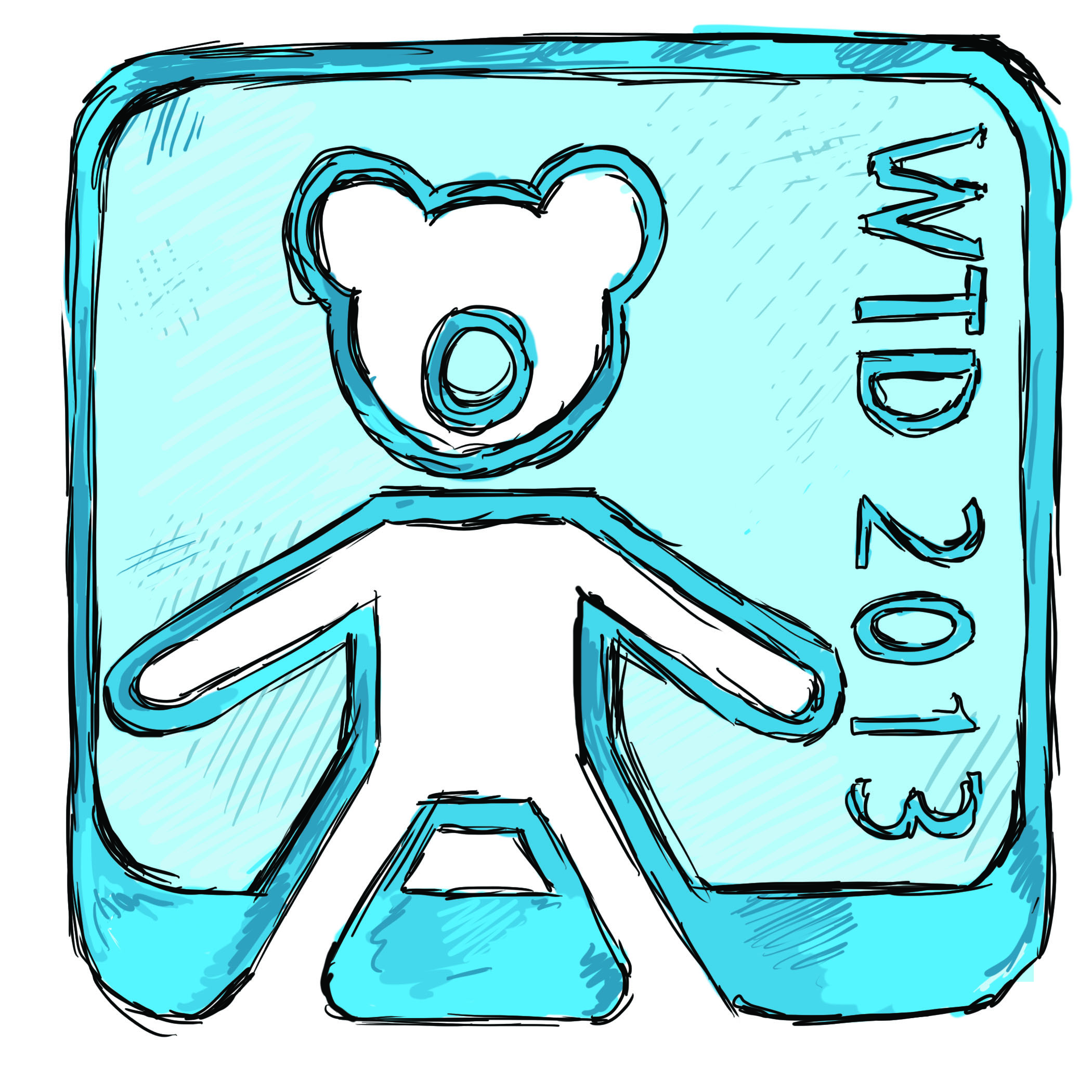Girl Scouts from around the world gather every year on Feb. 22 to celebrate World Thinking Day, a day designed to teach Girl Guides about world issues, and this year the theme is centred on women and children.
The international Girl Guiding and Scouting movement has grown to include over ten million women from over 145 different countries since it was founded in 1910. World Thinking Day (until 1999 known as Thinking Day) has been celebrated every year since 1926.
There are four main goals of World Thinking Day: learning more about other international Girl Guides, engaging in fun educational activities, fundraising, and earning a badge.
Each year brings a different theme, with previous years focusing on world issues, such as water access in 2008; HIV, aids, malaria, and other diseases in 2009; extreme hunger and poverty in 2010; gender equality and empowering women in 2011; and environmental health in 2012, according to the event’s website.
This year brings a double theme of two issues that are reliant on one another. The first, titled “together we can save children’s lives,” focuses on infant mortality, while the second issue, “every mother’s life and health is precious,” focuses on maternal health.
The World Association of Girl Guides and Girl Scouts are challenging their members to question the rate of infant mortality and maternal health. According to their statistics, 90 per cent of infant mortalities in the U.S. occur in newborn babies one year old and under. This is due, they say, to lack of equal opportunity to access the necessary prenatal medical attention in countries that do not provide healthcare. Economically disadvantaged pregnant women, who are disadvantaged because of either poverty or language barriers, are then put at risk along with their fetuses. They stress the importance of government policy and fairness in society.
Sharron Callahan, the chief commissioner of Girl Guides Canada, told the Manitoban that a day like World Thinking Day is important because it enables young girls to engage in activities at a local level, which have a global impact by raising awareness and generating interest in world issues.
“Thinking Day is a wonderful opportunity for girls and their Guiders to participate in activities and projects with global themes, to learn and take action on important issues facing girls around the world, and to fundraise to support the Canadian World Friendship Fund, which helps to support Guiding in countries that are not as fortunate as we are here in Canada,” said Callahan.
Participating in Girl Guides helps women in the future by allowing girls to develop skills at their own pace in line with their interests, she said. This includes a vested commitment to community service, using opportunities to think and act beyond what is normally expected, and connecting with nature through activities such as camping.
“Guiding is respectful and inclusive of all girls and women, [and] provides a safe environment where girls can explore issues that are important to them in environments that are learning, fun, adventurous, challenging, and empowering.”
An important part of the Girl Guide program is to be open to change, said Callahan. The program ensures that it is relevant to the interests and issues of girls today. It is important for the leaders to have access to resources and opportunities that they can in turn share with their Girl Guides. Recent changes include uniform redesign and special projects such as sustainable living initiatives, empowerment actions, and increased opportunities for international and national travel.
A major program review is set for the years 2013-2015. Part of this will allow the girls to provide feedback and advocate for issues that are important to them.
“Thinking Day activities are a great way to build interest in the wider world, that leading girls can do to discover how individual actions can have a global impact,” said Callahan. “If everyone did just one action to meet the Thinking Day themes, the world for children and women would be greatly improved.”

